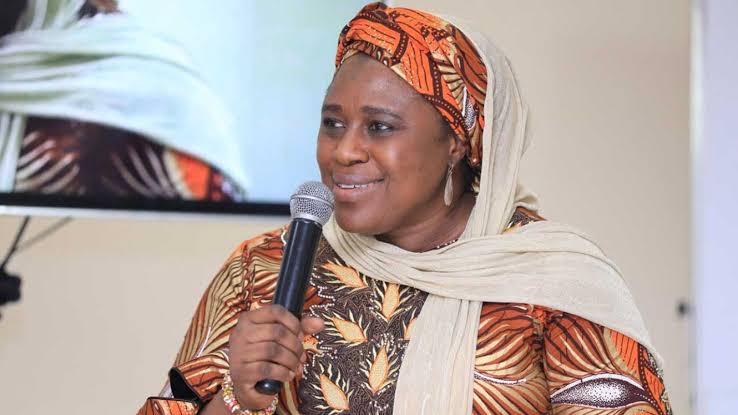Dr. Salma Anas, the Special Adviser to President Bola Tinubu on Health, announced on Wednesday the government’s intentions to bolster governance, accountability mechanisms, and transparency in funding allocation and expenditure within the healthcare sector.
Speaking at the 30th anniversary celebration of “Options,” a global health organization committed to advancing health prosperity and Universal Health Coverage (UHC) in Nigeria, Dr. Anas also revealed plans to achieve self-reliance in the production of essential medical supplies and vaccines. This ambitious goal will require active engagement with the private sector.
Dr. Anas underscored the significance of providing integrated and comprehensive healthcare services, emphasizing the importance of a seamless transition from primary to secondary and tertiary care levels.
In alignment with these goals, Prof. Oladapo Ladipo, President of the Association for Reproductive and Family Health, urged the federal government to declare healthcare in the country an emergency. He stressed the need for the government to prioritize health and healthcare financing to ensure that all Nigerians have access to health insurance.
Ladipo emphasized that good health and wellness are invaluable assets, enabling individuals to fully participate in and appreciate life. Poor health, on the other hand, leads to suffering, financial burdens, incapacity, reduced lifespan, and a diminished quality of life. He urged the government to prioritize well-being, as investing in health and wellness yields significant returns, including energy, resilience, and an overall optimistic outlook on life.
Dr. Festus Omo-Obi, the Regional Director for West and Central Africa at Options Consultancy Services, acknowledged Nigeria’s robust policy framework but highlighted the challenges in effectively implementing it. He emphasized the urgency of translating policy into action, particularly in states where counterpart funding for basic healthcare provision is lacking.
Dr. Onoriode Ezire of the World Bank Group questioned why private health institutions often outperformed public health institutions despite the latter receiving support. He emphasized the need for creative engagement with the private sector, including NGOs, and called for government accountability in healthcare funding and service delivery.
Dr. Joy Uzoho, Senior Consultant in Health Systems and Financing, stressed the importance of a multi-sectoral approach to addressing healthcare sector challenges. She called on Nigerians to demand accountability in every aspect of healthcare service and highlighted the role of accountability and advocacy in achieving UHC in the country. Dr. Uzoho also shared insights into capacity-building initiatives aimed at enabling Nigerians to track budgets and identify funding gaps.
Options, a global team of experts dedicated to addressing pressing health challenges worldwide, was celebrated during the event. The organization collaborates with leaders and change-makers globally to implement health strategies, provide advice, and offer technical expertise to accelerate lasting change. With 30 years of experience in global health, Options collaborates with partners to develop evidence-based solutions, manage initiatives, build coalitions, and mobilize social movements to drive positive change.




